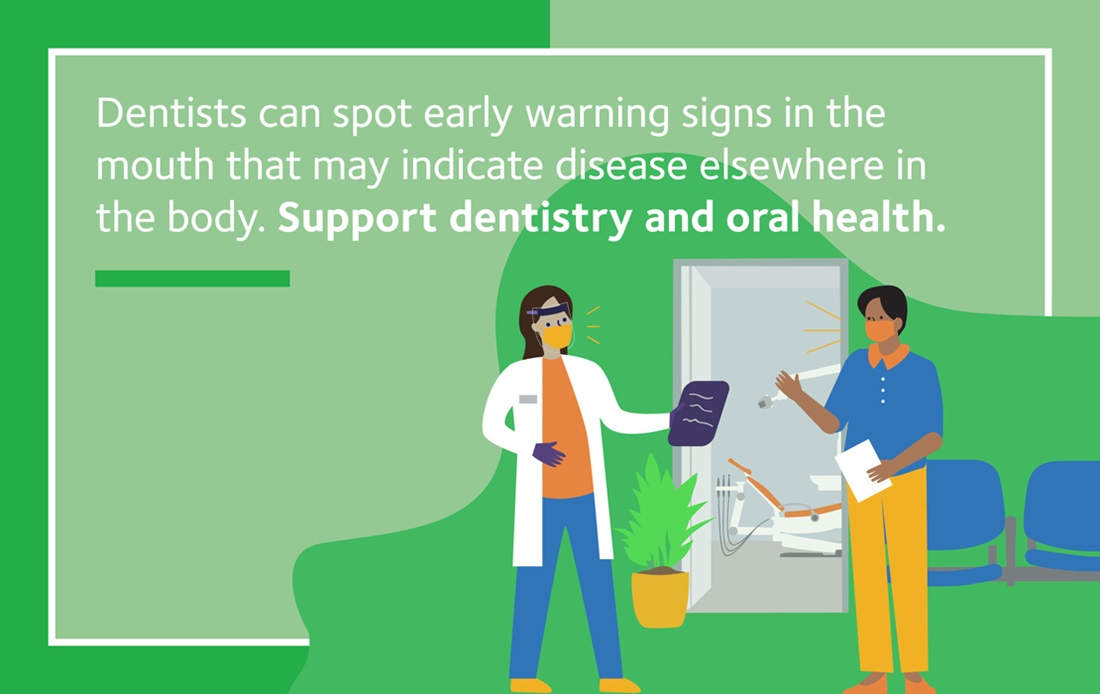In 2025, the ADA delivered real wins for dentistry. We led nationwide insurance reform, pushed back on questionable insurer practices, and strengthened payer oversight. We advanced important dental insurance reform legislation — H.R. 1521, the Dental Optometric Care Access Act—earning 93 co-sponsors and counting. We also secured key tax relief for dental practices, including restoring the pass-through entity tax deduction (PTET), a permanent 20% small business income deduction, new domestic research deductions, and a 21% corporate tax rate.
These victories were made possible through strong collaboration between the ADA and state dental associations.




